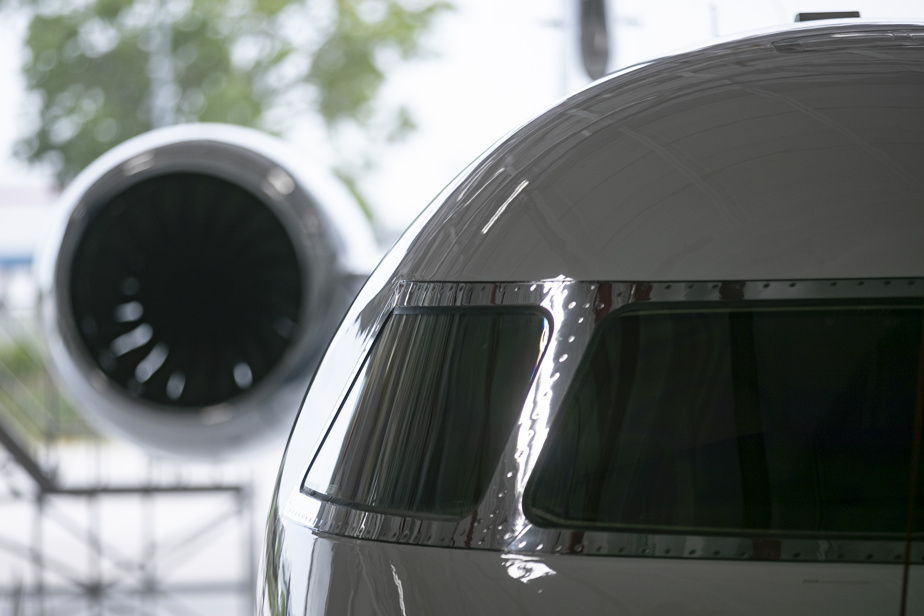Major players in the aerospace industry will share approximately $50 million to develop technologies that will improve the sector’s carbon footprint. Presented this Friday at Aéro Montréal’s annual general meeting, these initiatives are at the heart of the priorities of the organization’s new president and CEO, Mélanie Lussier.
“It’s sustainable aerospace,” she explains in an interview. By positioning our industry as more sustainable, we can also be attractive in attracting labor and solving a challenge facing our businesses. »
As in previous years, the Legault government will take advantage of this annual meeting to announce financial support for various research and development projects. In 2023, four initiatives – representing total investments approaching 100 million – will receive financial support of 47.47 million. The Minister of Economy, Innovation and Energy, Pierre Fitzgibbon, will present the details.
Research and development will focus on the development of an electric flight control system, sustainable aviation fuels, hybrid electric propulsion and a lighter aircraft control platform.
It is not tomorrow the day before that we will see electrically propelled planes transporting dozens, even hundreds of passengers. The road to decarbonizing the airline industry – which accounts for 2% to 3% of global greenhouse gas emissions – will be long. In this context, we are counting on a multitude of initiatives to try to reduce the footprint of the industry.
The four projects funded by Quebec were selected following a process launched last July to support the development of “technologies related to the transportation of tomorrow”. One component of this initiative is “the aircraft of tomorrow”.
Ms. Lussier will lead her first annual meeting of Aéro Montéral as President and Chief Executive Officer. After more difficult years marked by restructuring at Bombardier – one of the main contractors in the sector – and pandemic turbulence, the atmosphere of the annual meeting should be different this year.
A sign that the health crisis only seems to be a bad memory, a vigorous restart was observed in the industry last year. Pillars like Bombardier, Airbus Canada, Bell Textron and Pratt
“I’m coming back to an industry that really has the wind in its sails,” says Lussier. But you have to be attractive to the next generation. Increases in the production rate, if we do not want to [lose them], we must succeed in keeping our workforce mobilized. »
Aéro Montréal still hopes to see the Legault government set the table for an aerospace innovation zone in Montreal. Lussier expects a decision to be made this year.
